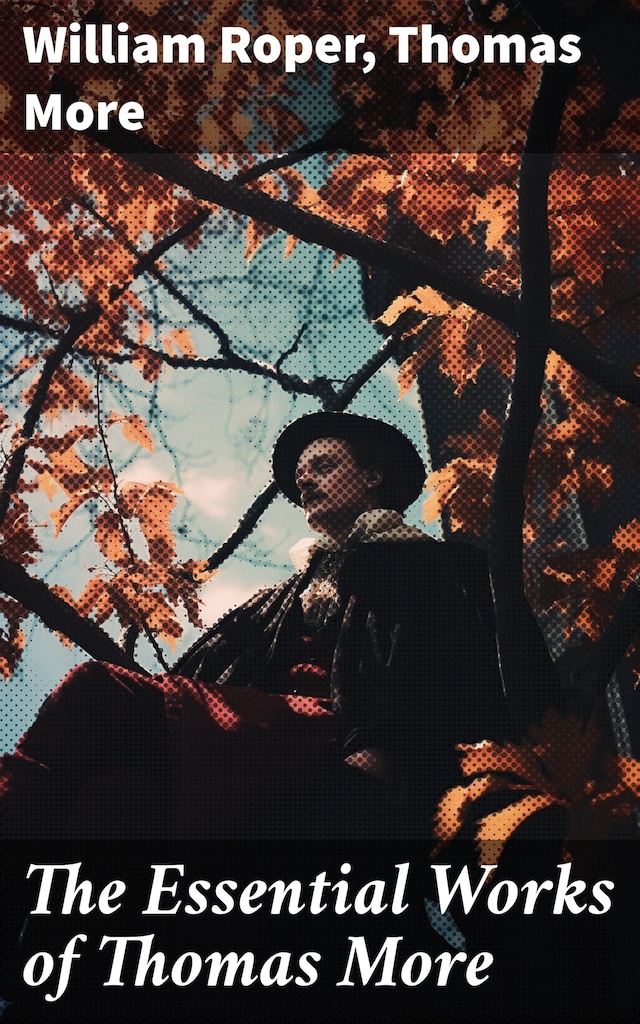
The Essential Works of Thomas More
Essays, Prayers, Poems, Letters & Biographies: Utopia, The History of King Richard III, Dialogue of Comfort Against Tribulation
Beschrijving van het boek
In 'The Essential Works of Thomas More', readers are presented with a meticulously curated anthology that covers the breadth of More's literary and intellectual legacy. This collection spans a variety of genres, including but not limited to Utopian fiction, theological discourse, and historical biography, showcasing the diverse range of More's thought and writing. Particularly noteworthy is the inclusion of More's seminal work, 'Utopia', which alongside letters, essays, and polemics, demonstrates the depth of his insight into the human condition and the ideal society. The anthology stands as a testament to the enduring relevance of More's ideas, reflecting on themes of morality, governance, and faith that continue to resonate today. The contributors to this anthology, William Roper and a distinguished selection of historians and scholars, provide a comprehensive perspective on More's work and its impact. Roper, More's son-in-law and first biographer, offers invaluable insights from his personal acquaintance with More, alongside scholarly essays that contextualize More's writings within the tumultuous political, religious, and social movements of the 16th century. This collective effort underscores the relevance of More's visions to contemporary discussions on ethics, politics, and society. 'The Essential Works of Thomas More' invites readers to immerse themselves in the intellectual rigor and moral clarity of More's writings. It offers a unique opportunity to engage with the thoughts of one of the Renaissance's most influential figures, whose work spans the realms of philosophy, politics, and literature. This collection is indispensable for students, scholars, and anyone interested in the foundational texts of Western political thought and the early humanist movement. Through this anthology, readers are encouraged to explore a rich tapestry of ideas that continue to inform debates on governance, ethical living, and societal structure.
 1.304 Pagina's
1.304 Pagina's